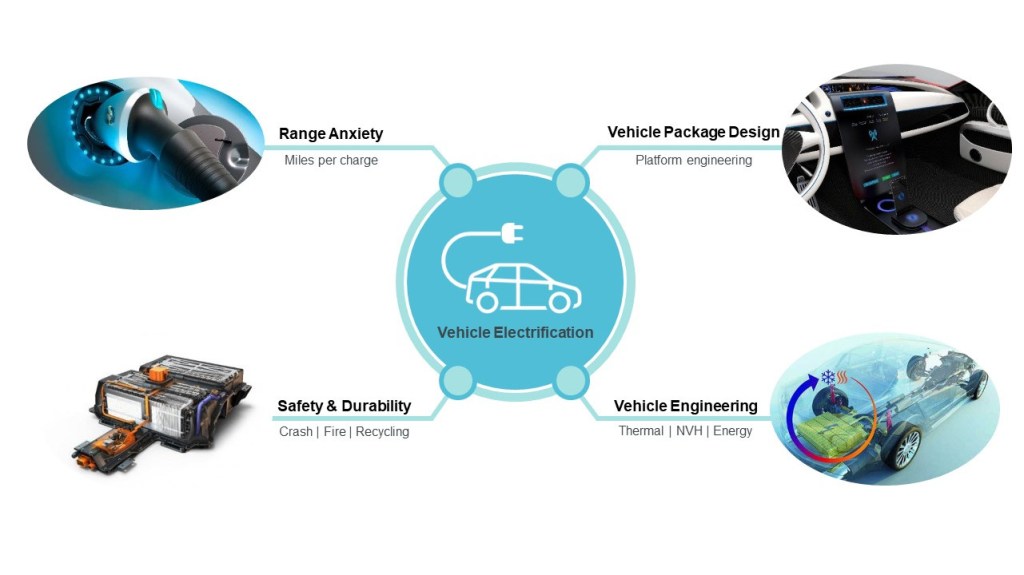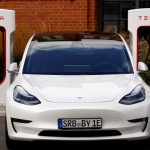Conquering The Electric Vehicle Technology Challenges: Unleash The Power Of Innovation
The Challenges of Electric Vehicle Technology
Introduction:
Electric vehicles (EVs) are becoming increasingly popular as a more sustainable and eco-friendly mode of transportation. However, the widespread adoption of electric vehicles still faces numerous challenges. From limited charging infrastructure to high costs and range anxiety, the electric vehicle technology industry is constantly striving to overcome these obstacles. In this article, we will explore the challenges that electric vehicle technology faces and delve into the efforts being made to address them.
2 Picture Gallery: Conquering The Electric Vehicle Technology Challenges: Unleash The Power Of Innovation


What are the challenges of electric vehicle technology?

Image Source: siemens.com
The challenges of electric vehicle technology can be categorized into several key areas such as charging infrastructure, battery technology, range anxiety, cost, and consumer perception. Let’s take a closer look at each of these challenges.
Charging Infrastructure:
One of the major hurdles for electric vehicles is the lack of an extensive charging infrastructure. Although the number of charging stations is growing, it still falls short of the demand. The availability and accessibility of charging stations greatly influence the adoption of electric vehicles. Without a reliable and convenient charging network, potential EV owners may hesitate to make the switch.

Image Source: iasys.co.in
Battery Technology:
Battery technology is a critical aspect of electric vehicle development. While significant advancements have been made, there is still room for improvement. EV batteries need to offer longer ranges, faster charging times, and enhanced durability. The development of more efficient and cost-effective battery technologies remains a priority for the industry.
Range Anxiety:
Range anxiety is a term used to describe the fear or concern of running out of battery power before reaching a charging station. This anxiety stems from the limited range of electric vehicles compared to traditional gasoline-powered cars. Overcoming range anxiety is crucial for promoting widespread adoption of electric vehicles. Increasing the range of electric vehicles and expanding the charging infrastructure can help alleviate this issue.
Cost:
The cost of electric vehicles remains a significant challenge for many consumers. While the price of EVs has been decreasing over the years, they are still generally more expensive compared to their internal combustion engine counterparts. The high cost of batteries is a key factor contributing to the higher price tag. Reducing production costs and improving economies of scale are essential to make electric vehicles more affordable and accessible to the masses.
Consumer Perception:
Changing consumer perception and overcoming skepticism towards electric vehicles is another challenge. Many consumers still hold misconceptions about EVs, such as concerns about their performance, reliability, and limited charging options. Education and awareness campaigns are necessary to dispel these myths and provide accurate information about the benefits and capabilities of electric vehicles.
How are these challenges being addressed?
To tackle these challenges, various stakeholders are working together to drive the adoption of electric vehicles. Governments around the world are implementing policies and incentives to encourage the use of electric vehicles, including tax credits, subsidies, and investment in charging infrastructure. Automakers are investing heavily in research and development to improve battery technology and increase the range of electric vehicles. Additionally, collaborations between different industries, such as automotive and energy, are fostering innovation and accelerating the transition to electric vehicles.
Conclusion:
While electric vehicle technology still faces challenges, significant progress has been made in recent years. The development of an extensive charging infrastructure, advancements in battery technology, and efforts to overcome consumer concerns are paving the way for a future where electric vehicles play a dominant role in transportation. As these challenges continue to be addressed, the benefits of electric vehicles, including reduced emissions and a more sustainable future, make them an attractive choice for environmentally-conscious consumers.
This post topic: Electric Car Technology


